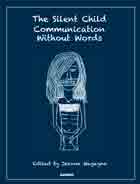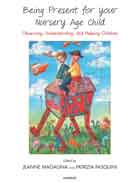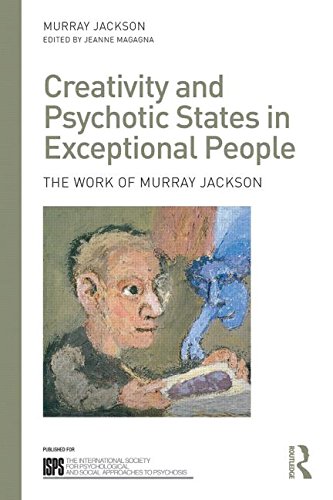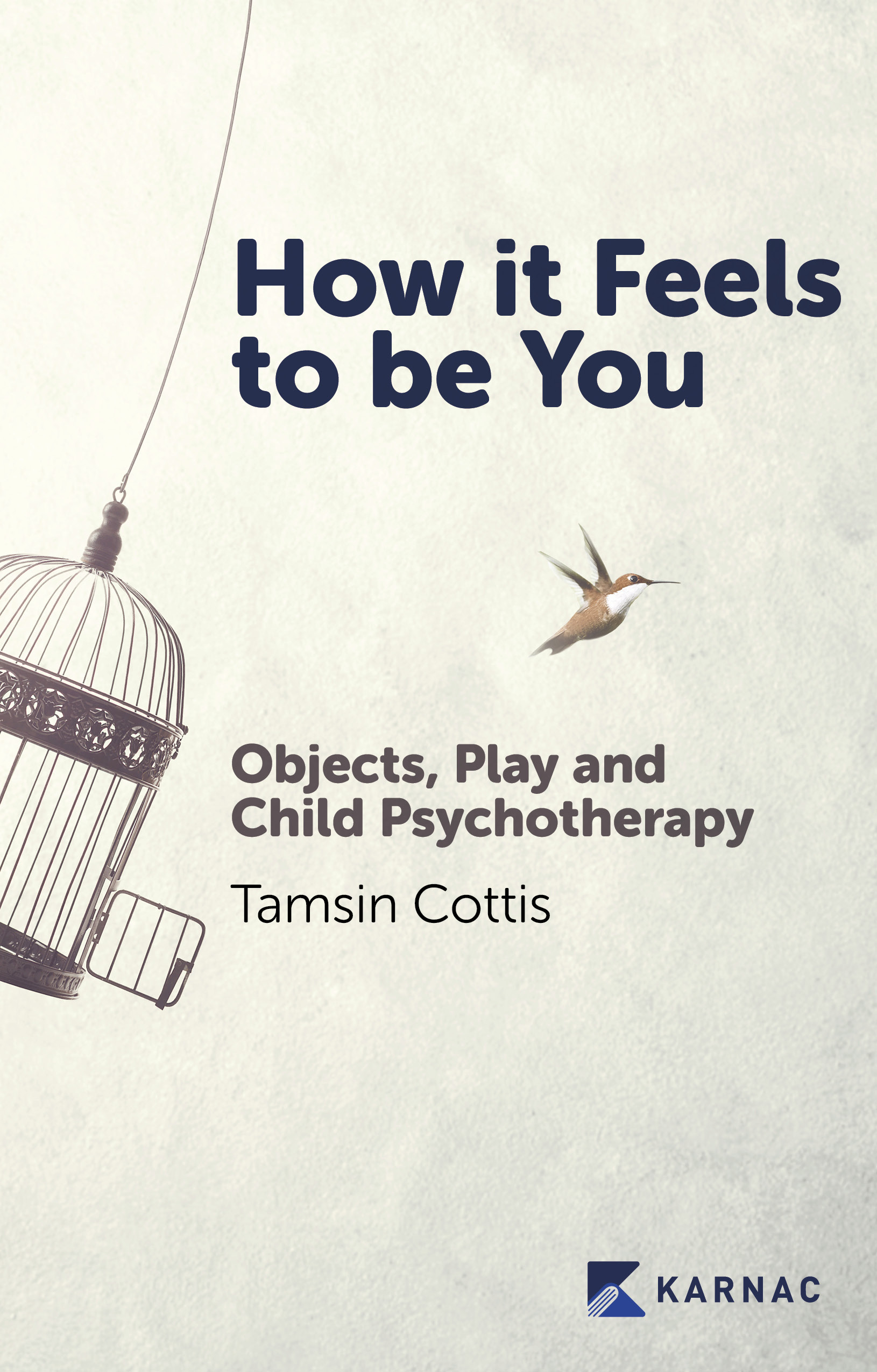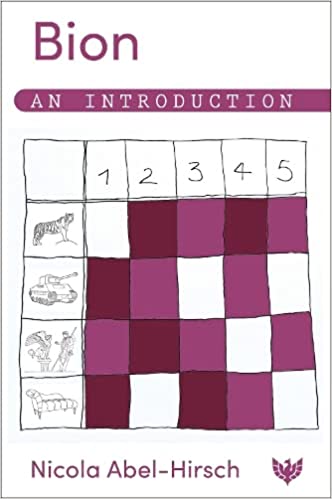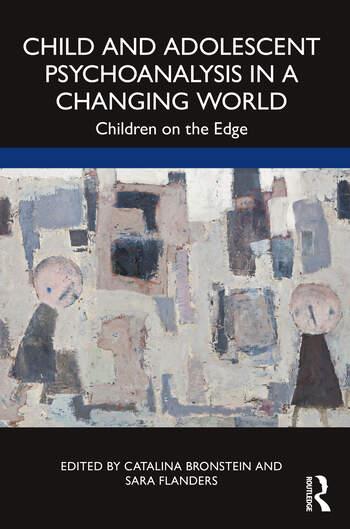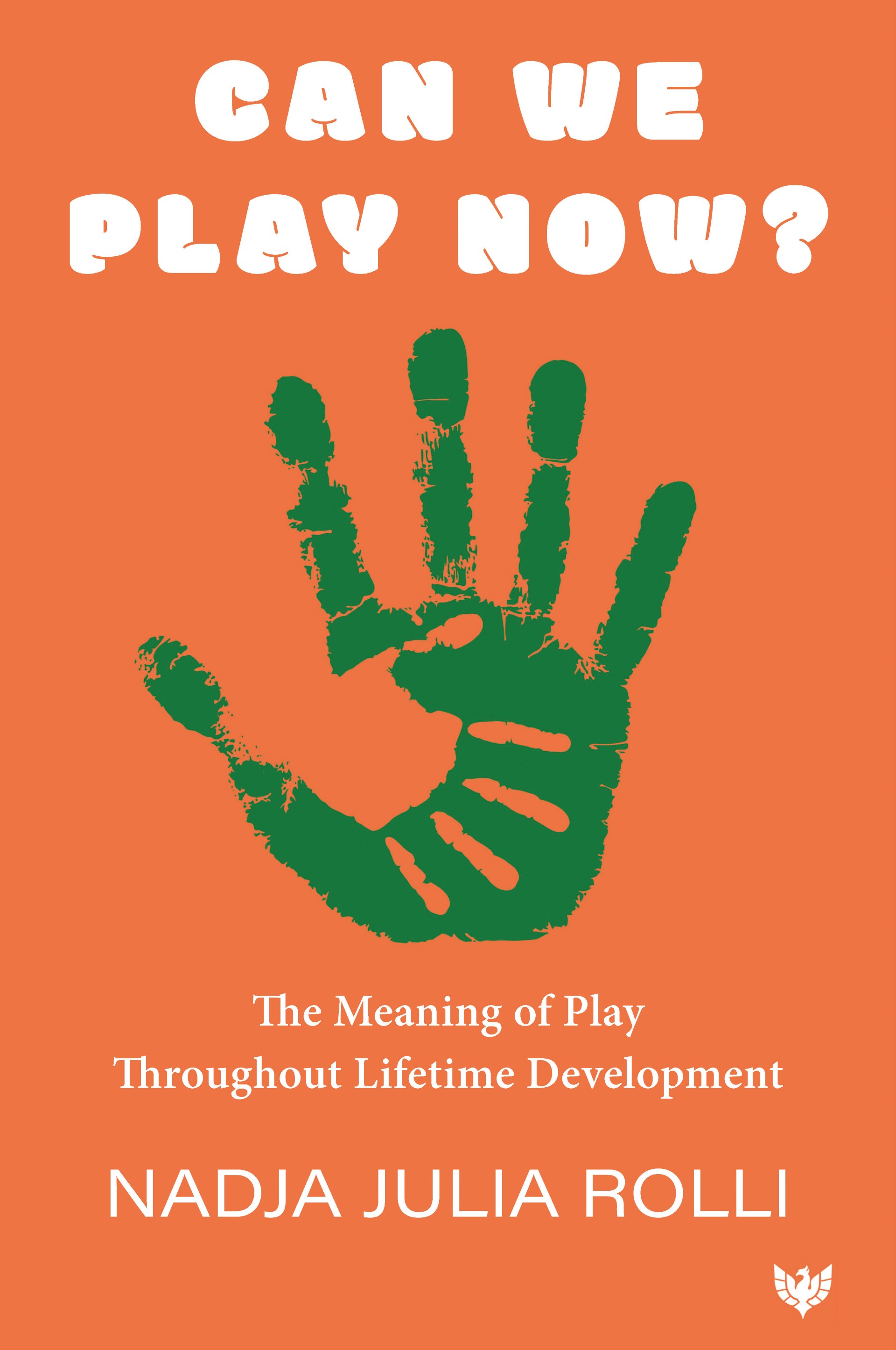Contemporary Child Psychotherapy: Integration and Imagination in Creative Clinical Practice
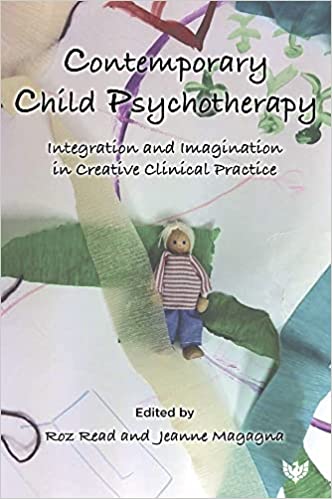
Book Details
- Publisher : Karnac Books
- Published : May 2022
- Cover : Paperback
- Pages : 356
- Category :
Child and Adolescent Studies - Catalogue No : 96246
- ISBN 13 : 9781912691968
- ISBN 10 : 9781912691
Also by Jeanne Magagna
The Silent Child: Communication without Words
Price £54.99
There are currently no reviews
Be the first to review
Contemporary Child Psychotherapy: Integration and Imagination in Creative Clinical Practice demonstrates the step-by-step process of developing the depth of understanding, creativity, knowledge and skill that underpin a modern integrative child psychotherapist. Portrayed is a flexible model that is fluid and evolving, bringing together traditional, long-held ideas with fresh perspectives and up-to-date research. In bringing together psychoanalytic theory, attachment theory, trauma theories, the arts and creativity, neuroscience and the body, a rich framework is created. From this, the individual integrative child psychotherapist can choose the interventions which best foster the emotional development of each unique child and their parents today.
Reviews and Endorsements
This book is a vital resource for anyone working therapeutically with children. The easily accessible language and moving case examples will touch the hearts of readers, not just their minds. So many child counselling and psychotherapy books fail to address what the practitioner did or said. In contrast, in this book there is a wealth of verbatim sections of actual sessions. This brings the children discussed to life, and clearly demonstrates the process of both therapeutic engagement and relational change. The book consistently supports the integration of different ways of working, bringing together traditional ideas from psychoanalysis with new cutting-edge and evidence-based interventions. Throughout, the authors demonstrate how integration serves children far better than sticking rigidly to one approach or methodology. The use of play and the arts are integral to the text, demonstrating just how profoundly they can provide in-depth and psychologically safe exploration of core pain when everyday words fail to do justice to the child’s experience. In summary, a fabulous read that just flows off the page, supporting best practice for those who are working therapeutically with children or who want to do so.
Dr Margot Sunderland, co-founding director of the Institute for Arts in Therapy and Education, director of Education and Training for the Centre of Child Mental Health, and co-director of Trauma Informed Schools UK
The spirit of this book resides in its abiding pursuit of greater integration – integration of all sorts, whether it be the bringing together of the many facets of ourselves or of the systems which surround us; or whether it be the numerous ways of understanding and improving the often tragic lives of some of the children it serves. One of the remarkable qualities of this book is its readiness to embrace a whole array of different theories and therapeutic approaches to enable children, and the adults around them, to make sense of the various pieces of their troubled childhoods and thus generate hope for the future. For twenty years, the Institute for Arts in Therapy and Education (IATE) has built a four-year training programme in integrative child psychotherapy that forcefully draws on the imagination of the arts, the insights of psychoanalysis, the discoveries of neuroscience, and the body realities of biology and physiology. The training is without doubt a thorough and strenuous experience and calls forth not only the academic abilities of trainees but, more importantly, their capacities to observe and reflect on their own emotional experiences.
Peter Wilson, Consultant Child and Adolescent Psychotherapist and founder and former director of YoungMinds
This is a collection of lively and creative clinical chapters on contemporary child psychotherapy edited by two very experienced child psychotherapists. The book provides a carefully thought through way of working, a particular “blend” of integrative theoretical approaches and skills. The authors draw from the best aspects of the integrative approach, including the use of the arts, and these are combined with key psychoanalytic ingredients – such as working with the transference and countertransference processes. All the different ingredients have been put together thoughtfully and with great care. The clinical examples demonstrate the significance of empathic attunement and the centrality of the therapeutic relationship. Finally we have a text that can provide helpful and user-friendly ways to work with children in an integrative way – valuing the arts and the metaphors which emerge in therapeutic play, utilising psychodynamic thinking, and providing links to the latest neuroscience research. With the help of the vividly described case studies, I have no doubt that this book will be essential reading for students on child counselling and psychotherapy courses, as well as being important for other mental health professionals seeking contemporary ways of working therapeutically with children.
Dr Zack Eleftheriadou, parent–infant and child psychotherapist, chartered psychologist, and fellow of the British Psychological Society
When it comes to the mental health of children and their families, it is vital that the best thinking and practice is utilised in our therapeutic work. This is what readers will find in this unique book which integrates key ideas and theories in child psychotherapy that have been found to be the most effective. The thinking comes alive through case examples showing transformative and often touching work with traumatised children. It embraces the latest research in neuroscience, psychoanalysis, attachment theory, and developmental approaches, which have shifted our understanding of how trauma affects both the minds and bodies of children. There is no one particular way of therapeutic work that is effective for all children; we need to be flexible and knowledgeable enough of different techniques and ideas to help children, wherever they are and however difficult their experience. Here, the multi-theoretical approach and depth of thinking drawn from different child therapy disciplines makes this a vital, playful, and rewarding read for students and experienced practitioners alike.
Jane O’Rourke, psychodynamic child, adolescent, and family psychotherapist and founder of MINDinMIND
‘This wonderful collection of papers offers child and adolescent psychotherapists invaluable insights into the many facets of an integrative training. They fit together into a containing, mindful cradle of concern and safety. Wise voices, some newly qualified, some with many years of experience, encourage owning the pain of inevitable mis-attunement, working with one foot in the ditch, one foot on the bank to enable being alongside the children we work with while remaining anchored enough to think and feel clearly. Inspirational stories of observation and working with children through metaphor, story, and art materials are underpinned by the vital role countertransference and mentalization play in both therapy and supervision. I wish such a helpful, wise, encouraging resource had existed when I first set out on the exciting, often daunting, journey of child psychotherapy.
Griselda Kellie-Smith, retired psychotherapist and supervisor and co-founder of B.A.S.E.® Babywatching UK
[T]his book is truly engaging. At times, the material and clinical perspectives are absorbing. The structure of the book seeks to demonstrate the approach through a range of writers of varying level of experience and training, providing a developmental experience in itself. It is not a book that needs necessarily to be read in a linear fashion, from start to finish, but rather becomes a handbook of ICPT that can be dipped into as needed.
Paddy Martin, Gwent Parent Infant Mental Health Service, Journal of Child Psychotherapy, 48:3
Table of Contents
Acknowledgements
About the editors and contributors
Foreword by Dan Hughes
Introduction by Roz Read
Chapter 1
Addicted to action, fear of being
Graham Music
Chapter 2
Experiences of being held: creating a space to think and play within a family
Neela Basu
Chapter 3
The effects of chronic trauma and neglect
Karlien Smith-Claassens
Chapter 4
Porges meets Winnicott
Irene Alberione
Chapter 5
Autism and sensory sensitivity
Jessica Olive
Chapter 6
“Finding Dory”: a story of an eight year old’s journey from loss to hope and strength
Celine Allder
Chapter 7
Making sense of the pieces
Adina Belloli
Chapter 8
Space rockets and mobile homes: reaching the place of hope by traversing the landscape of trauma and loss
Sarah Marx
Chapter 9
All in bits: trauma, fragmentation, and the journey of piecing back together
Megan Holland
Chapter 10
Safety, trust, and maternal deprivation
Maria Furlong
Chapter 11
Working in schools: parents and the system around the child
Liz Murray-Bligh
Chapter 12
Building a therapeutic service in schools: the role of an integrative child psychotherapist
Jane Brinson
Chapter 13
Empathising with defences through the use of arts and metaphor
Clair Lewoski
Chapter 14
Finding and nurturing the gold: an integrative approach to working with an adopted adolescent and her parent
Roz Read
Chapter 15
Developing a “cradle of concern” using transference and countertransference in therapy and supervision
Jeanne Magagna
Index
About the Editor(s)
Roz Read is Programme Director of the Integrative Child Psychotherapy training at The Institute for Arts in Therapy and Education and a UKCP-registered integrative child psychotherapist. With a background working in the arts, Roz has worked extensively with children and teenagers in multicultural inner-city community projects, schools, and multidisciplinary teams for over 30 years. For the past 13 years, Roz has worked with adopted, LAC, and permanently placed children and their families. She currently works within PAC-UK (formerly the Post Adoption Centre) and prior to this worked at Family Futures. Roz is also visiting lecturer and co-convenor of the Neuroscience and Attachment Workshop at the Tavistock Centre, and a freelance trainer and clinical supervisor. She has a special interest in integrating treatment approaches for developmental trauma, attachment and working with the body, and is an accredited dyadic developmental psychotherapist and somatic experiencing® practitioner.
Jeanne Magagna was Head of Psychotherapy Services at Great Ormond Street Hospital for Children for twenty-two years. She also worked for ten years at Ellern Mede Centre for Eating Disorders in London. She received professional qualifications as a child, adult and family psychotherapist and a doctorate from the Tavistock Clinic. Formerly, Jeanne was the vice-president and joint coordinator of training for the Centro Studi Martha Harris Tavistock model trainings in Florence and Venice. She edited Universals of Psychoanalysis and jointly edited Psychotherapy with Families and Intimate Transformations: Babies with their Families (Karnac Books, 2004). Her special interest is applying the understandings of infant observation to work with children suffering from communication difficulties and anorexia nervosa.
Customer Reviews
Our customers have not yet reviewed this title. Be the first add your own review for this title.
You may also like
Child and Adolescent Psychoanalysis in a Changing World: Children on the Edge
Catalina Bronstein
Price £31.99
Can We Play Now? The Meaning of Play Throughout Lifetime Development
Nadja Julia Rolli
Price £26.09
save £2.90


